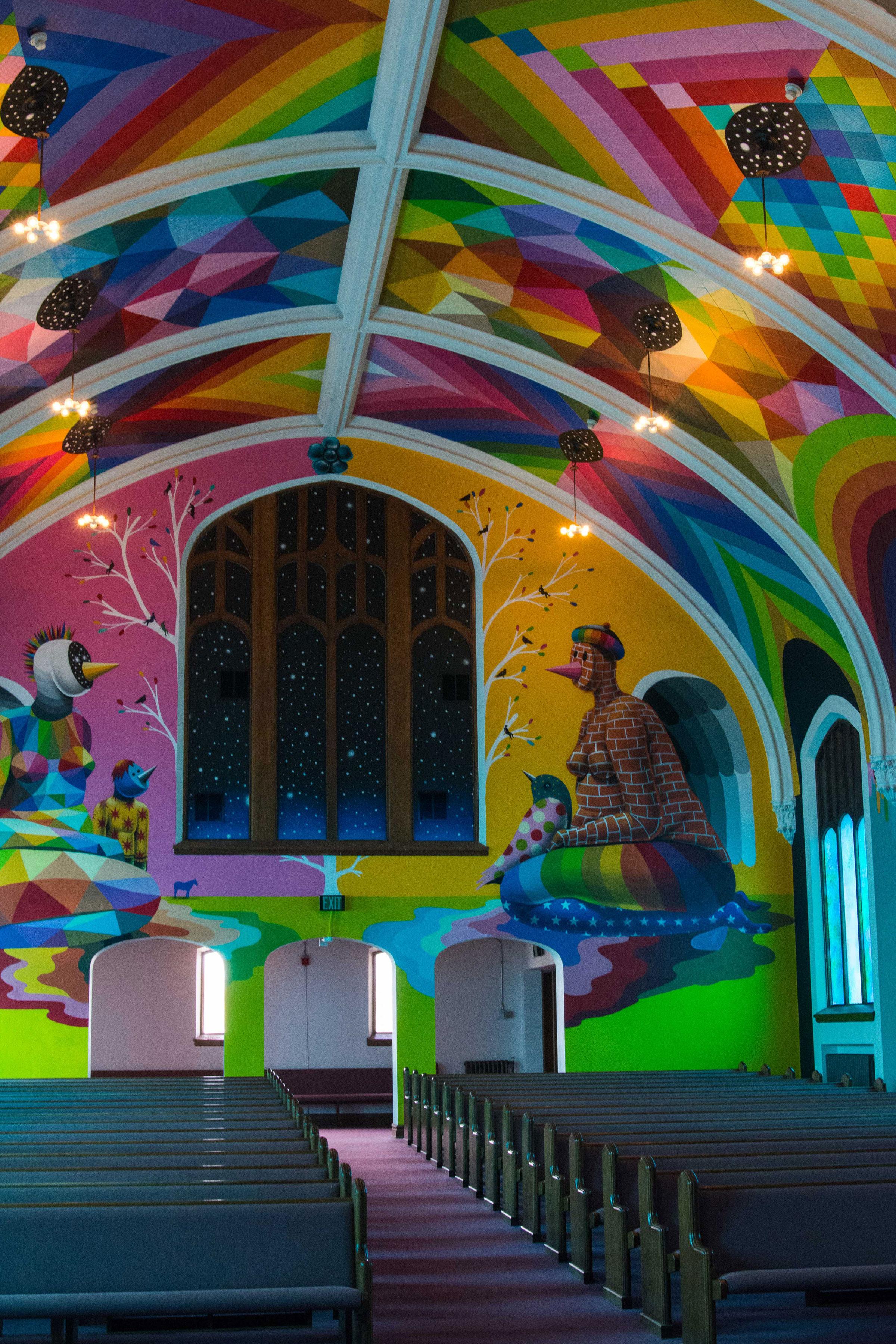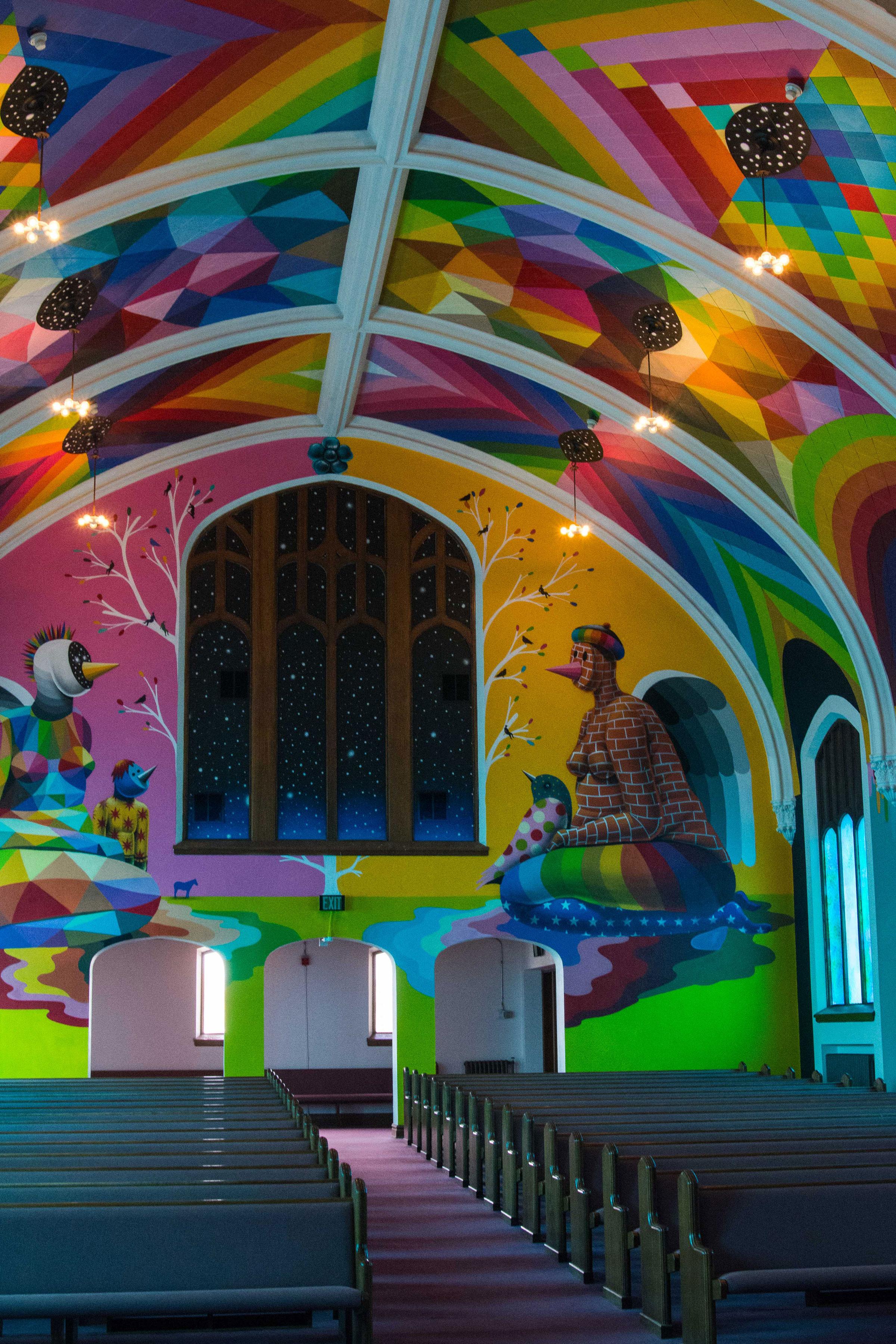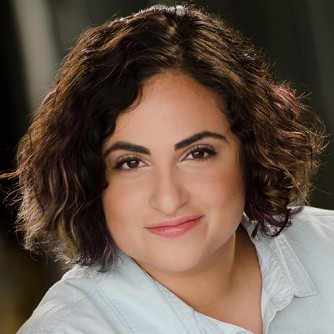

Lee Molloy, Steven Berke and Briley Hale have been waiting for almost two years to resolve a legal matter hanging over their own heads and over their place of worship: The International Church of Cannabis.
The three are fighting the city of Denver over charges of public marijuana consumption, violating the Colorado Clean Indoor Air Act and — the last, and most controversial charge — complicity to marijuana consumption.
The consumption and clean air charges are misdemeanors, carrying fines of $100-$200 a piece. In the past Berke has called the charges “religious persecution,” and now stands trial separately from Molloy and Hale, with different representation.
The case stems from the Church’s 2017 4/20 celebration, marking not only the church’s grand opening, but also the unofficial day when marijuana enthusiasts celebrate marijuana. The Church promoted two events that day: one earlier in the afternoon that would not center around marijuana consumption, and a later event that was marijuana friendly.
The Denver Police Department’s marijuana unit dispatched eight undercover officers to monitor the event, and even purchased tickets for some of the officers, with the goal of testing whether or not they could enter without tickets.
Under current law, marijuana consumption is legal in private venues by invitation only, while “open and public consumption” of marijuana is considered illegal under the state constitution.
Detective Jeffrey Masciangelo, one of the undercover agents and the lead investigator on the case, said he attended the earlier smoke-free event, then came back later for the main event.
“Pretty much the whole nave was a cloud of smoke,” he said. “I could smell burning marijuana, it was pretty obvious and pretty in your face.”
And as far as needing a ticket to get in? Masciangelo said it was simple: “[I] just walked up the front steps and walked right inside the front door.”
But Molloy rebukes that claim. And in earlier testimony, Masciangelo was clear that a volunteer asked for his ID and an invitation at the door.
Shortly after, Berke, Molloy and Hale were charged with crimes. What followed was a long legal battle that eventually resulted in a mistrial last year. Several jurors were excused for various reasons, with more than one questioning the city’s allocation of resources in this case. The mistrial was ultimately due to lack of jurors.
Molloy, who stands trial in the coming weeks, said the ongoing litigation has been hard on the church.
“People will see this stuff happening in the courts, it keeps people from wanting to come back. They’re afraid if they come here, are they going to be arrested if they come here?” he said. “That also cuts down, I hate to say it, but on our bottom line. People not being here, they can’t donate, it’s harder for us to keep the place going.”

He and others believe the officers were able to get into the event because they snuck in, and have said it’s disingenuous to claim it was public.
“If you come and break into my wedding, it makes you a wedding crasher,” he said. “It doesn’t make my wedding public.
After everything it took to get here, this week’s retrial already got off to a bumpy start.
On Tuesday, the first day of the trial before jury selection, Judge Johnny Barajas distributed a written definition of “open and public” to city attorneys and defense counsel. Barajas said the definition was a proposed jury instruction to be finalized later.
On Wednesday, the city’s legal team called out Rob Corry, the attorney for the defense, for sharing the instruction with a Denver Post reporter. Corry told Barajas that, “Nobody told me to keep a secret,” and added that court proceedings are meant to be transparent. Barajas agreed, but laid down expectations for the trial’s duration.
“I appreciate if you keep the instructions pretty close to the vest,” Barajas said.
Barajas had placed jurors under sequestration order, asking them to stay away from the local media and avoid talking about the case, but he cautioned that sometimes a juror does skim the newspaper.
The incident cut to the core of what this case is about: the definition of “open and public” marijuana consumption. While Amendment 64 specifically bars marijuana consumption “openly and publicly,” the law doesn’t actually define it beyond those two words. For example, that same question was a hurdle for the committee that shaped Denver’s social marijuana consumption permit program.
Undercover agents took covert photos and video of the event, none of which captured Berke, Molloy or Hale in the act. But Detective Masciangelo said he heard Berke encouraging another participant to “light up a joint,” in one of the videos he took. Masciangelo said he would consider that encouragement “complicity.”
The complicity charges are another big legal question mark in this case, as complicity is not well-defined either. Corry asked Masciangelo if Snoop Dogg should be arrested for complicity if he gets up on a stage at Red Rocks and tells the audience to light up a joint. The city's attorney objected before Masciangelo could answer.
The city pursued the complicity charge while it was prosecuting the Sweetleaf dispensary chain last year, which was accused of allowing customers to exceed the daily purchasing limit of one ounce of marijuana. The court would find that Sweetleaf was “complicit in its customer’s unlawful possession of marijuana.”
Editor's Note: A previous version of this story misstated some details of the case, including how officers entered the 4/20 celebration, the timing of the charges and who levied an objection in court.








